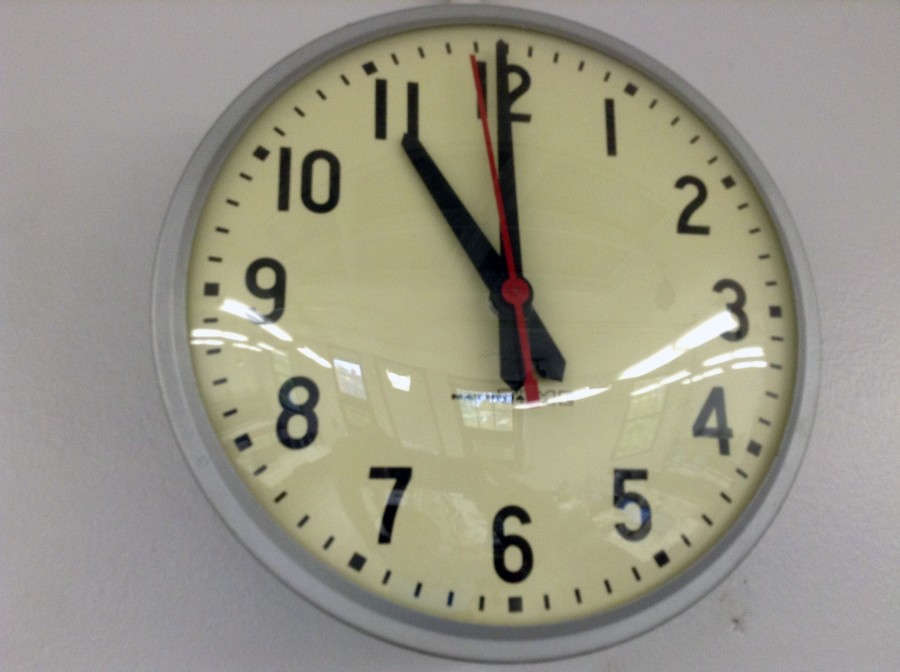Time Out: A Reconsideration of Timed Testing
Timed testing has been around for so long that many of us consider it an unpleasant yet necessary part of our lives. It is high time that its merits be called into question.
The true purpose of testing is too often forgotten: a test is meant to assess a student’s understanding of a subject or course matter. Supposedly, teachers use tests to get a better idea of how much their students have learned. Ultimately, they often end up as a sort of “final enemy” that students aim to defeat in order to succeed in the academic world.
Yet if tests are supposed to assess understanding, time limits do little to help this process along. The basic assumption behind timed testing is that quicker answers mean better comprehension, or that students who better understand the material can answer more quickly. This is not always the case. Often times, the opposite is true; quick answers can mean superficial, short-term memorization, instead of a more time-dependent, comprehensive understanding.
By this token, timed testing actively takes away from understanding, by teaching students how to “regurgitate” information instead of how to learn it. As for the students who actually understand the material, they may receive worse grades than those who memorize the material superficially. All of a sudden, the test is no longer assessing comprehension, but rather ability to spit out answers without truly learning the subject material.
Time limits add an additional, unnecessary level of stress and anxiety to testing as well. For important tests like final exams or standardized assessments, people often worry just as much or more about being able to finish on time than they do about actually knowing the material. Extra stress on tests can cause a student to forget the material, make careless mistakes, or even take longer.
One thing that’s clear is that timed testing does not, as is often suggested, level the playing field. Rather, it introduces several variables — things like capacity to memorize or reaction to stress — which skew results and make a test less effective in its assessment of understanding. Ability to focus is another variable, which poses a problem for many students. When more factors are brought into the equation, there is a greater likelihood that a test is assessing something other than comprehension.
If conventional timed testing is problematic, what is the alternative? There obviously can’t be an infinite amount of time to take tests, both because teachers don’t have time to proctor indefinitely and because students can only need so much time to take a test if they truly know the material. The trick is determining what amount of time is the right amount.
Personally, I would propose a minimum of twice the current amount of time on timed tests and quizzes. This would prevent people who know the material from being penalized and having their understanding falsely assessed, but would be short enough that people who don’t know the material very well don’t get a grade that is an inaccurate representation of their mastery.









